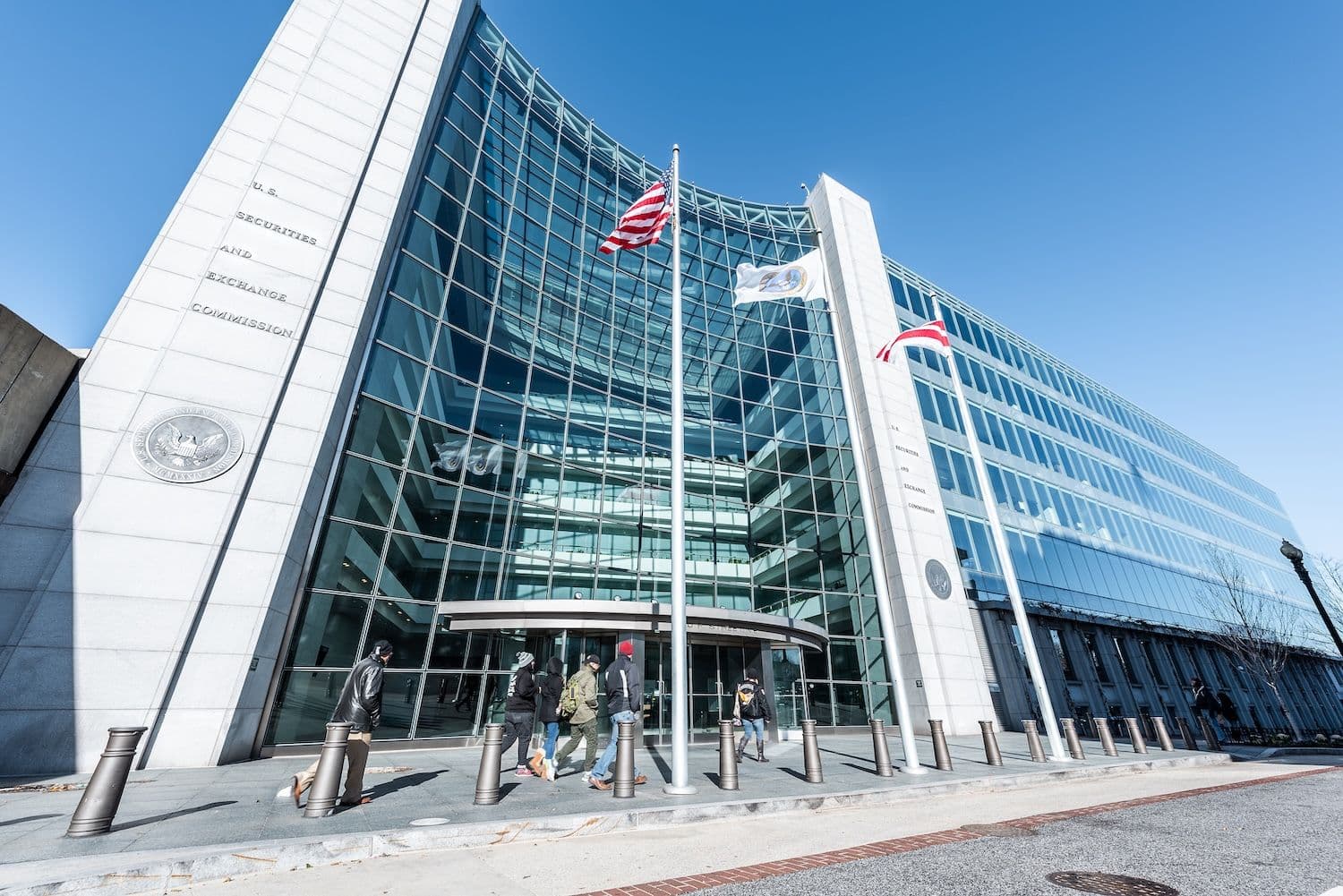Securities and Exchange Commission Chairman Paul Atkins outlined a sweeping vision for cryptocurrency regulation Wednesday, arguing that migrating traditional securities onto blockchain technology could fundamentally transform how financial assets are traded and owned.
What to Know:
- Only four crypto issuers have completed SEC registration processes since tokens first appeared in markets
- The SEC has already eliminated Staff Accounting Bulletin No. 121, previously a major hurdle for firms holding digital assets
- A new Crypto Task Force led by two commissioners aims to coordinate previously siloed regulatory approaches
During a Washington roundtable focused on tokenization, Atkins compared the potential shift to the music industry's evolution from vinyl records to digital files. "Applying outdated regulatory frameworks could drive innovation offshore," he warned, pledging to collaborate with fellow commissioners on developing appropriate guidelines.
The new chairman's approach represents a significant departure from previous SEC leadership. His comments suggest a more accommodating stance toward digital asset markets while maintaining consumer protections.
Modernizing Registration and Custody Requirements
The minuscule number of companies completing SEC registration processes for crypto offerings signals fundamental problems with current regulatory pathways, according to Atkins. Since the emergence of tokenized assets, only four issuers have successfully navigated the SEC's full registration or "Regulation A" processes.
Traditional disclosure documents like Form S-1 have proven inappropriate for digital tokens, with Atkins characterizing them as "a square peg in a round hole."
He advocated for creating streamlined pathways that would satisfy basic disclosure requirements without forcing issuers to provide irrelevant information.
Recent regulatory adjustments have already begun addressing custody challenges. The SEC's elimination of Staff Accounting Bulletin No. 121 removed a significant barrier for institutions seeking to hold digital assets for clients. Atkins described this as merely "the first step" in a broader regulatory overhaul.
Further custody reforms could expand the definition of "qualified custodian" to recognize innovations in self-custody technology that may provide robust security measures. With only two designated "special purpose broker-dealers" currently authorized, Atkins suggested replacing these narrow classifications with more flexible frameworks.
Expanding Trading Options and Coordinating Policy
The chairman endorsed the development of integrated "super apps" enabling customers to trade stocks, cryptocurrencies, and other assets through unified platforms. He noted that existing regulations do not prohibit broker-dealers from listing non-security tokens alongside traditional securities.
To facilitate this integration, Atkins has instructed staff to modernize rules governing alternative trading systems. The commission will also evaluate whether national exchanges might eventually support token listings.
Coordination efforts are being strengthened through a newly established Crypto Task Force led by two SEC commissioners. The initiative brings together previously siloed policy, legal, and technical teams to develop coherent regulatory approaches.
"This effort aligns with President Trump's vision of making the United States the 'crypto capital of the planet,'" Atkins said, emphasizing that each regulatory area—issuance, custody, and trading—requires tailored solutions.
The chairman committed to maintaining enforcement focus on fraud and market manipulation rather than using enforcement actions as de facto policymaking tools. This approach aims to provide clarity for market participants while preserving investor protections.
Looking Forward
As the SEC implements these regulatory changes, market participants can expect clearer guidelines defining security tokens, custody requirements, and permissible trading venues. The comprehensive framework seeks to balance innovation with traditional investor safeguards, potentially positioning the United States as a global leader in digital asset markets.



